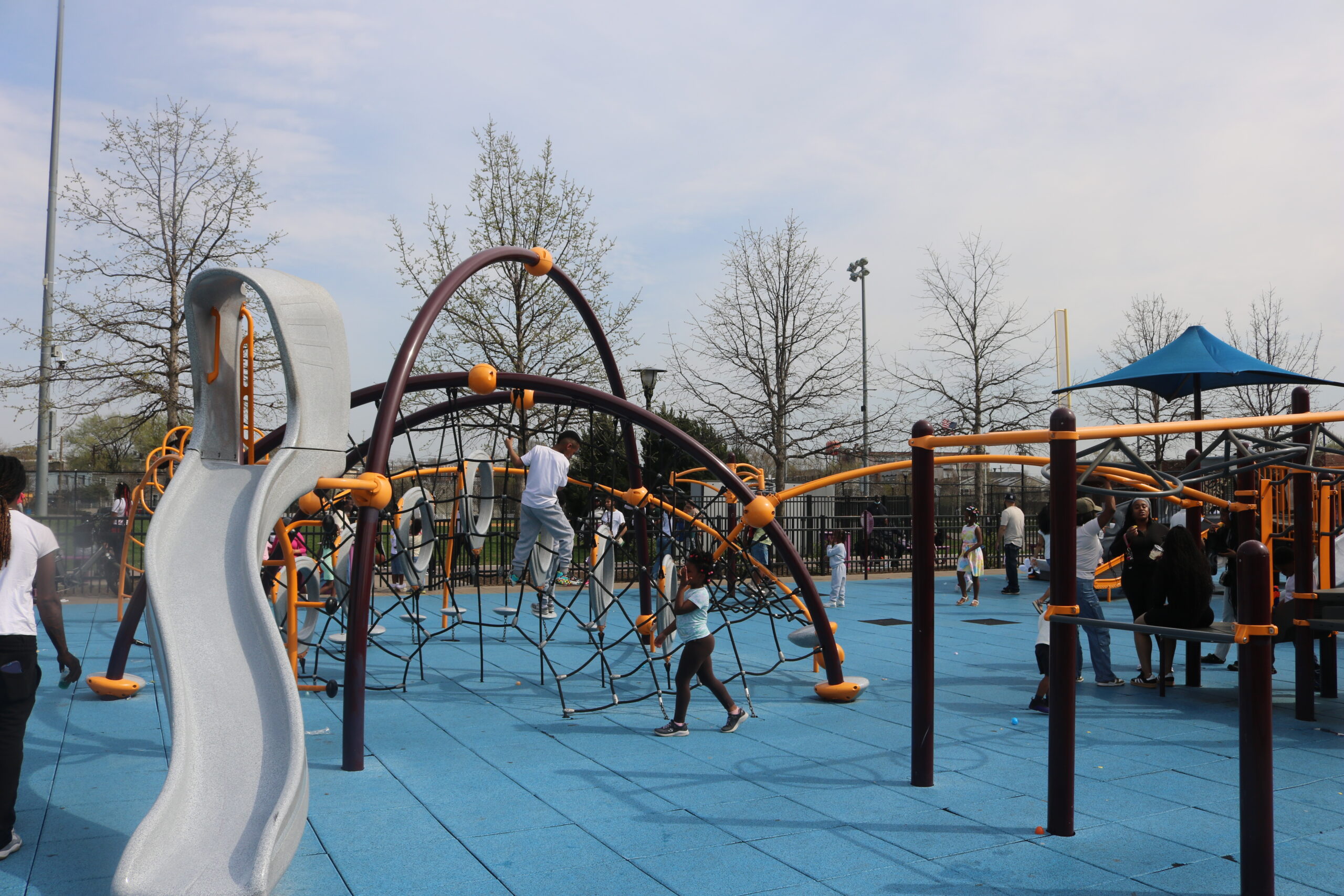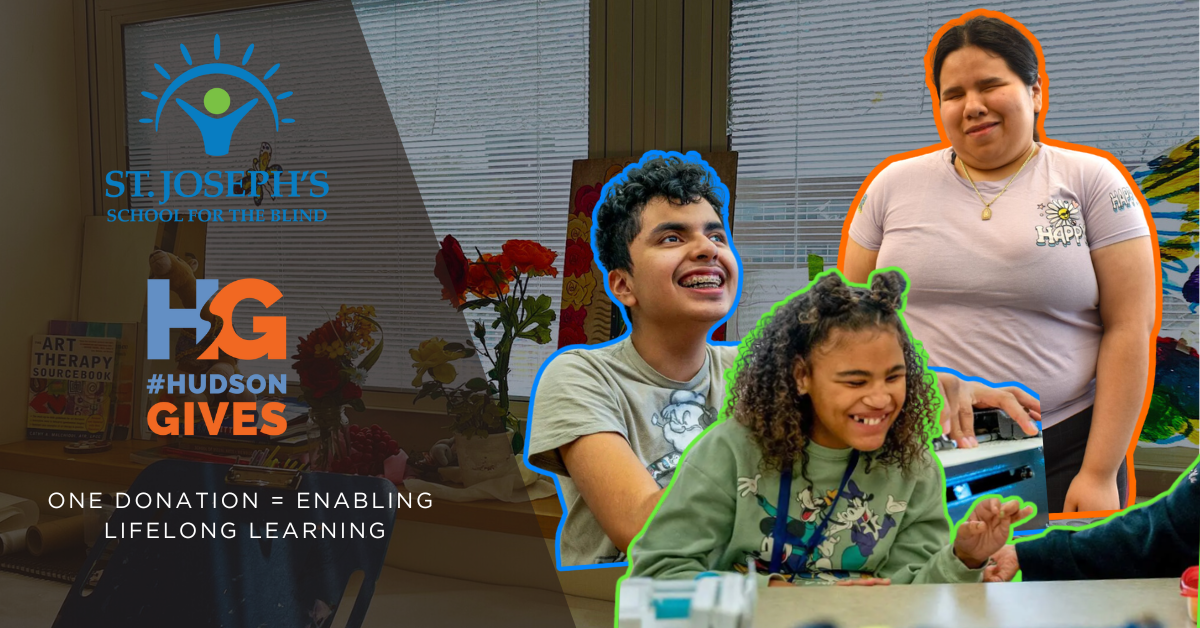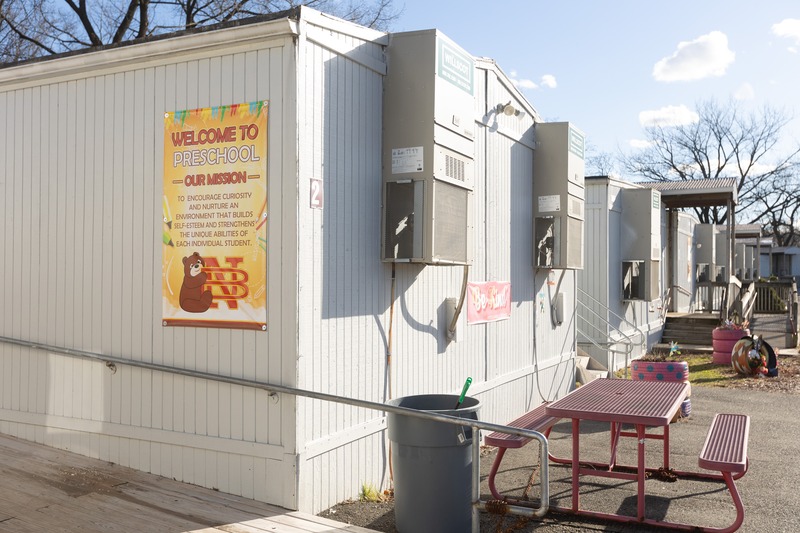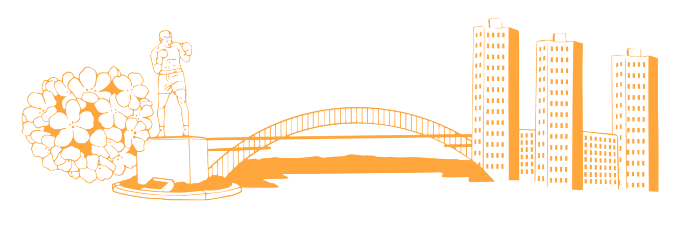Graphic by Adrienne J. Romero / SOC Images.
Mental Health — we all have it, and now we should all strive to be more open and vulnerable about it.
TheraPieces* is a Slice of Culture monthly column by Mendez, who has a Master of Social Work degree in clinical/medical social work from Columbia University.
Ever thought about a positive experience, a personal hobby/object near and dear to you or a memory from your past that’s brought you a feeling of warmth and joy? Or has reminiscing ever brought you sadness? What about one that created a complexity of both joy and sadness?
This is known as nostalgia.
Nostalgia is a complex feeling or emotion of yearning for the past. It can be a way to remind us of our most memorable experiences and moments throughout our lifetime. We can also hold different, significant types of media that evoke deep feelings of nostalgia like books, pictures, films/shows, songs, scents or video games, to name a few.
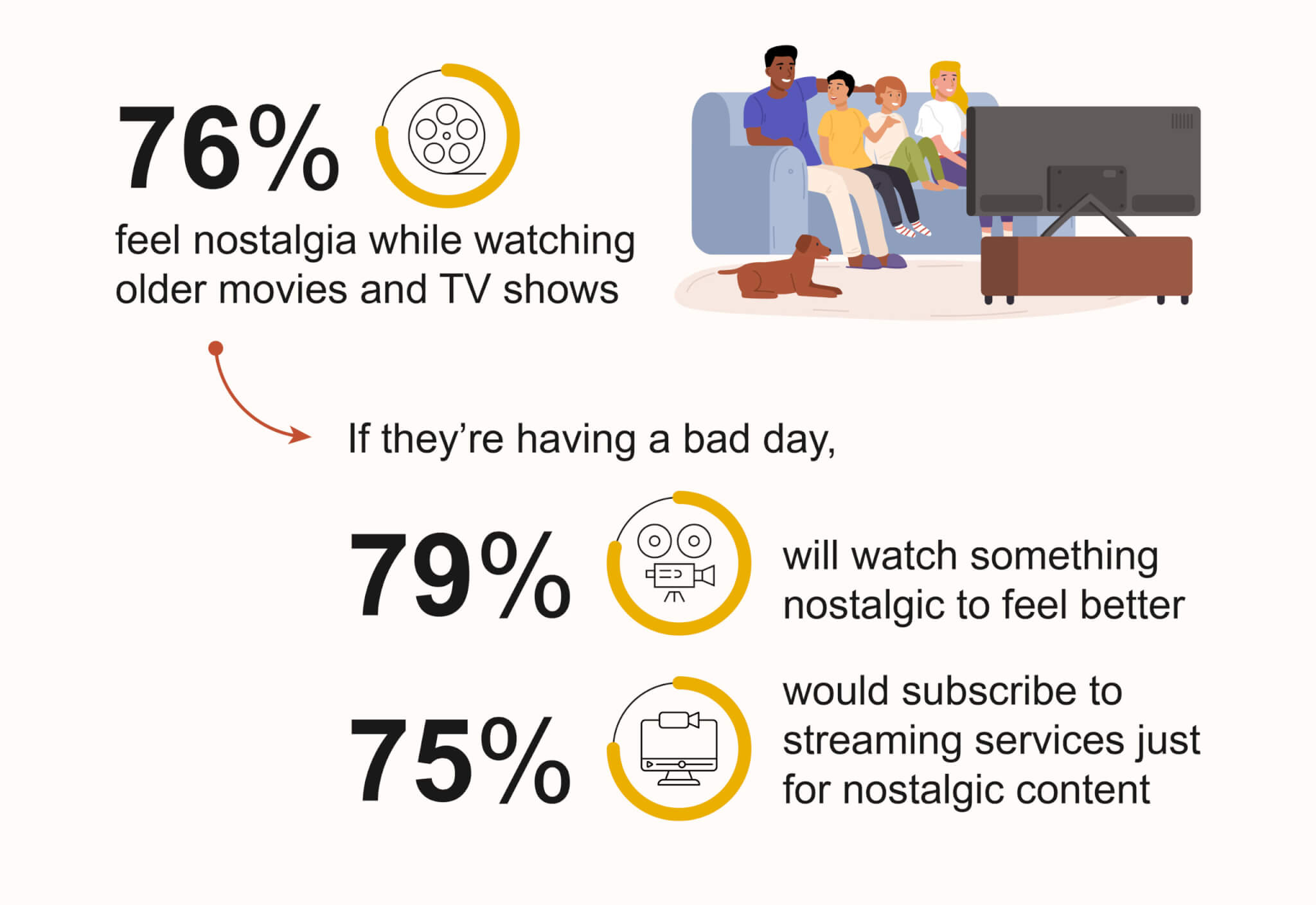
Nostalgia is typically associated with deeply rooted, personal happy feelings, but it can also evoke some melancholy and sadness. Even so, allowing oneself to feel deeply of one’s past can be both healing and grounding for our minds and wellbeing.
They say we shouldn’t dwell on our past and focus more on looking into the future, however, nostalgia does exist as part of the human experience and can actually help us take a walk down memory lane in an uplifting way that can benefit us towards our mental wellness.
Nostalgia has many benefits to our mental health, especially if we utilize it to our advantage of longing for the past while also living and appreciating the present and future.
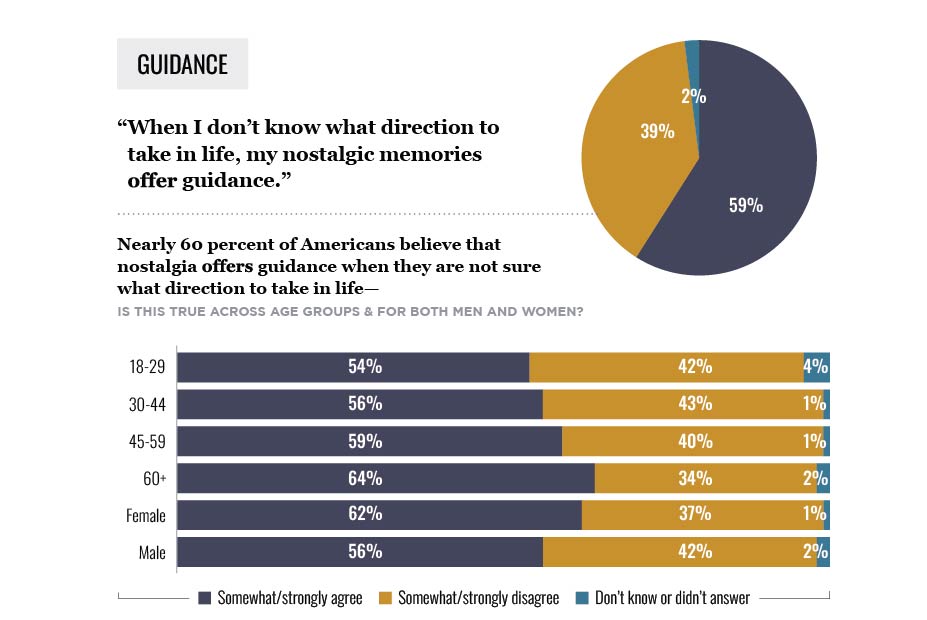
“It fosters a sense of belonging, meaning, and social connection,” and can be an experience that unifies us together. When using nostalgia in an effective and healthy way, it can evoke positive feelings of happiness, increase self-esteem, inspiration, motivation and gives one a strong sense of identity and creativity.
It’s important to be able to distinguish the different uses of nostalgia, as there can be both positive and unhealthy, negative ways to utilize it.
Without you, there is no Slice of Culture. Any type of gift helps continue our mission of supporting aspiring journalists and keeping local journalism alive. Give a gift today or become a member with extra perks.
Positive nostalgia -> reminiscing on positive experiences that can bring emotional comfort, a strong sense of self and connectivity and help manage ongoing stress in the present
Think of:
- Your favorite family vacation from your childhood
- Hearing a song for the first time
- Your first win or accomplishment
- Playing activities
- Experiencing significant events with friends and loved ones that bring feelings of happiness and euphoria
Negative nostalgia -> excessively dwelling and focusing on past events that brings a feeling of upset, sadness, grief, loss of desire due to unachieved goals and/or regret. This type of nostalgia can interfere with one’s ability to improve on one’s present and eventually move forward with doing more for one’s future, leading to hopelessness, depression, anxiety and a sense of helplessness.
This can include:
- Frequently reminiscing on a past/friendship/job/relationship that ended
- A desire that didn’t meet the end goal
- The idealization of thoughts such as “what could have been”
These can lead to a point of feeling deeply disappointed and disconnected from one’s current focus of life, functioning and being.
It’s interesting how moments in our lives—that we may not recognize in the moment—can become long-lasting memories so imperative to our growth because of how it’s evoked such strong, complex emotions.
Not every nostalgic feeling needs to be followed by a behavior or action.
As we learn to appreciate the once “glory days,” we can learn to not only enjoy that part of our lives, but also be grateful for the experiences we’ve had to add into our present and future that gives us both meaning and purpose.
If you want a specific topic related to mental health covered, Daniella Mendez may be reached at dmendez@athenapsych.com.

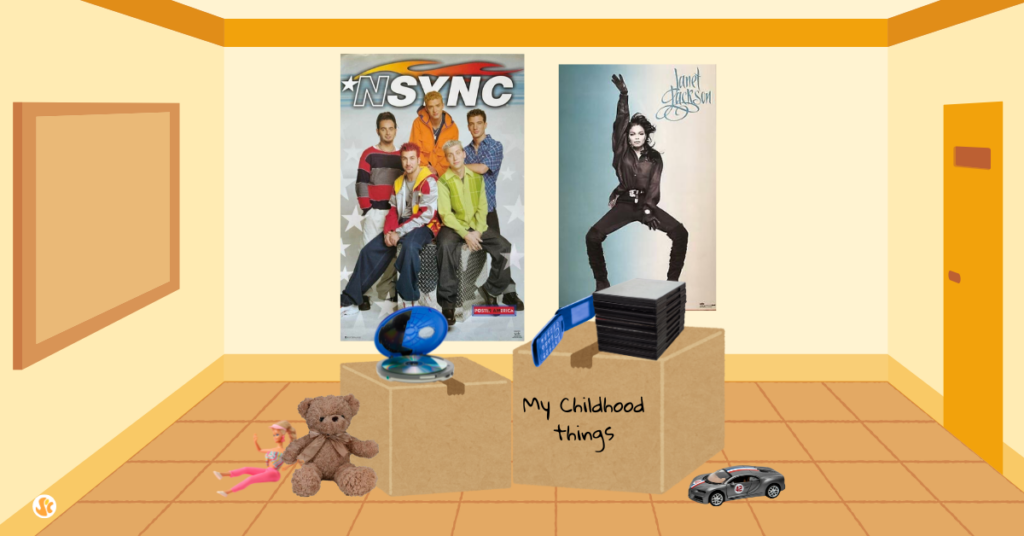

 Get your slice of culture from NJ
Get your slice of culture from NJ Hudson County born & raised
Hudson County born & raised The Locals + The Culture
The Locals + The Culture “Best Grassroots Journalism” @njspj + @njcivicinfo grantee
“Best Grassroots Journalism” @njspj + @njcivicinfo grantee



 We gath
We gath


 Last Monday, Filipino busines
Last Monday, Filipino busines

 H
H








 West New York residents
West New York residents 





